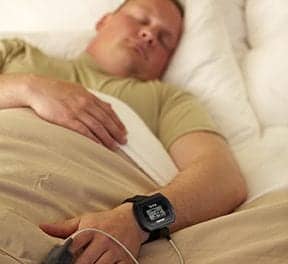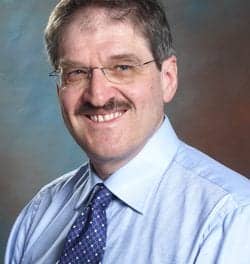New sleep research from Parks Associates reveals nearly 29 million US broadband households currently own a product that helps them track their sleep quality, representing less than half of the nearly 60 million consumers who report having at least one sleep problem. Sleep & IoT: Behaviors, Awareness, and Opportunities reveals 51% of US broadband households are interested in buying a sleep tech device.
“Sleep tracking features of smart watches and fitness trackers are raising consumer awareness about lack of sleep—42% of consumers in US broadband households are concerned their health will worsen due to poor sleep quality,” says Jennifer Kent, director, research quality and product development, Parks Associates, in a release. “Still, once a consumer understands their sleep patterns, then the issue becomes, what to do about it? Most consumers have not brought up these concerns with their doctors, but many state they would be willing to see a doctor if sleep tech detected a problem with their sleep patterns.”
Sleep & IoT: Behaviors, Awareness, and Opportunities report 58% of U.S. broadband households rated as valuable a sensor, device, or app that can detect and track potential sleep apnea/respiratory issues, potential restless leg syndrome, or potential insomnia issues. Among them, 85% said they would be likely to see a doctor based on this information.
“The next phase of sleep tech will make greater strides in helping consumers actually improve sleep through integration with other products and more comprehensive data sources,” Kent says. “To achieve personalized, contextually relevant, and actionable sleep tech solutions, integration with connected products across the home may be necessary.”
Parks Associates will share consumer data on IoT sleep technologies and other connected health solutions at Connected Health Summit: Engaging Consumers, August 28-30 at the Manchester Grand Hyatt in San Diego.
Additional data from the research reveals:
- 85% of consumers are willing to buy at least some sleep product to help improve their sleep.
- 69% of consumers are willing to pay an additional 20% price premium for a mattress with embedded sleep sensors.
- 37% of consumers find a sleep solution that can automatically adjust room temperature for optimal sleep “highly valuable.” A similar percentage finds a solution that checks that doors are locked when all in the home are in bed “highly valuable.”
- Smart home product owners are strong targets for sleep tech; twice as many smart home product owners rate sleep automation use cases “highly valuable” as do non-smart home product owners.




